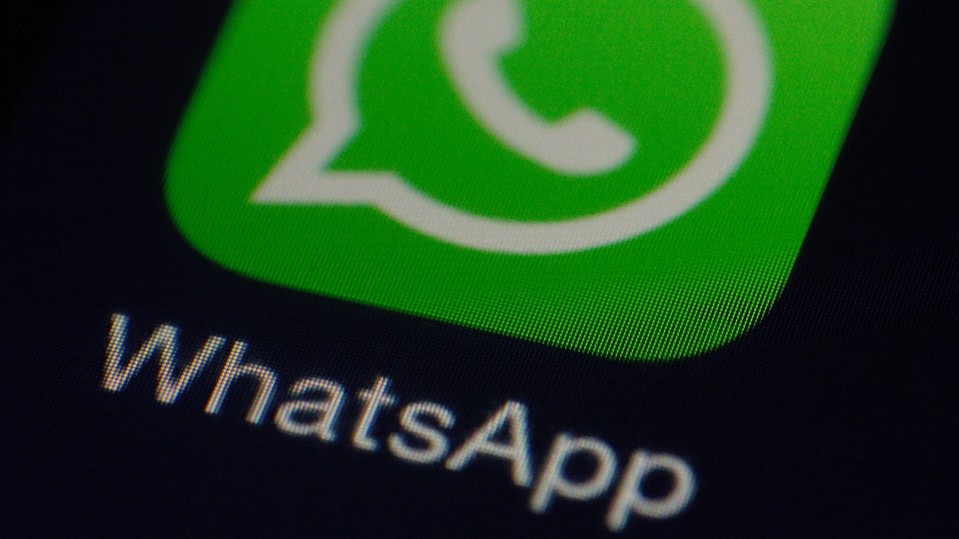

Tech Policy
WhatsApp is limiting message forwarding to combat coronavirus misinformation
From today, messages identified as “highly forwarded” can be forwarded only to a single person instead of five.

The news: WhatsApp has said it will implement new limits on message forwarding amid growing concerns that it is being used to spread misinformation about the coronavirus pandemic. From today, messages identified as “highly forwarded” can be forwarded to only a single person as opposed to five, the company, which is owned by Facebook, said in a blog post. The idea is to slow the spread of viral information, giving truth a chance to catch up with falsehoods. WhatsApp is private and end-to-end encrypted, which is a boon for security but makes it a particularly potent breeding ground for misinformation, as there’s no way to see the content of messages.
Why now? WhatsApp has been used to share false content around the world for years, but concern about the issue has reached a peak during the coronavirus crisis. WhatsApp said it has seen a “significant increase in the amount of forwarding, which users have told us can feel overwhelming and can contribute to the spread of misinformation.” And there are lots of reports of people sharing rumors, fake “cures” for coronavirus (none exist), and conspiracy theories on the app.
Some background: WhatsApp started limiting forwarding in July 2018, after a spate of mob lynchings in India that were linked to messages shared in WhatsApp groups. Before that point, users could forward a message to as many as 256 people, and they were not labeled as forwards. WhatsApp also added two arrows to show a message had been repeatedly forwarded. Last year, the company cut the number of people you can forward a message to, limiting it to five. These measures won’t stop you from forwarding a message to lots of different people one by one, but they introduce a degree of friction, which seems to have worked: in the last year, forwards are down 25% around the world, according to WhatsApp.
Not all bad: WhatsApp is by no means being used only for negative purposes during the coronavirus pandemic. After all, it’s helping to keep people connected with friends and families at a time when they can’t visit in person. And it’s also being used by health authorities like the CDC in the US, the World Health Organization, and the NHS in the UK to answer people’s pressing questions about coronavirus.